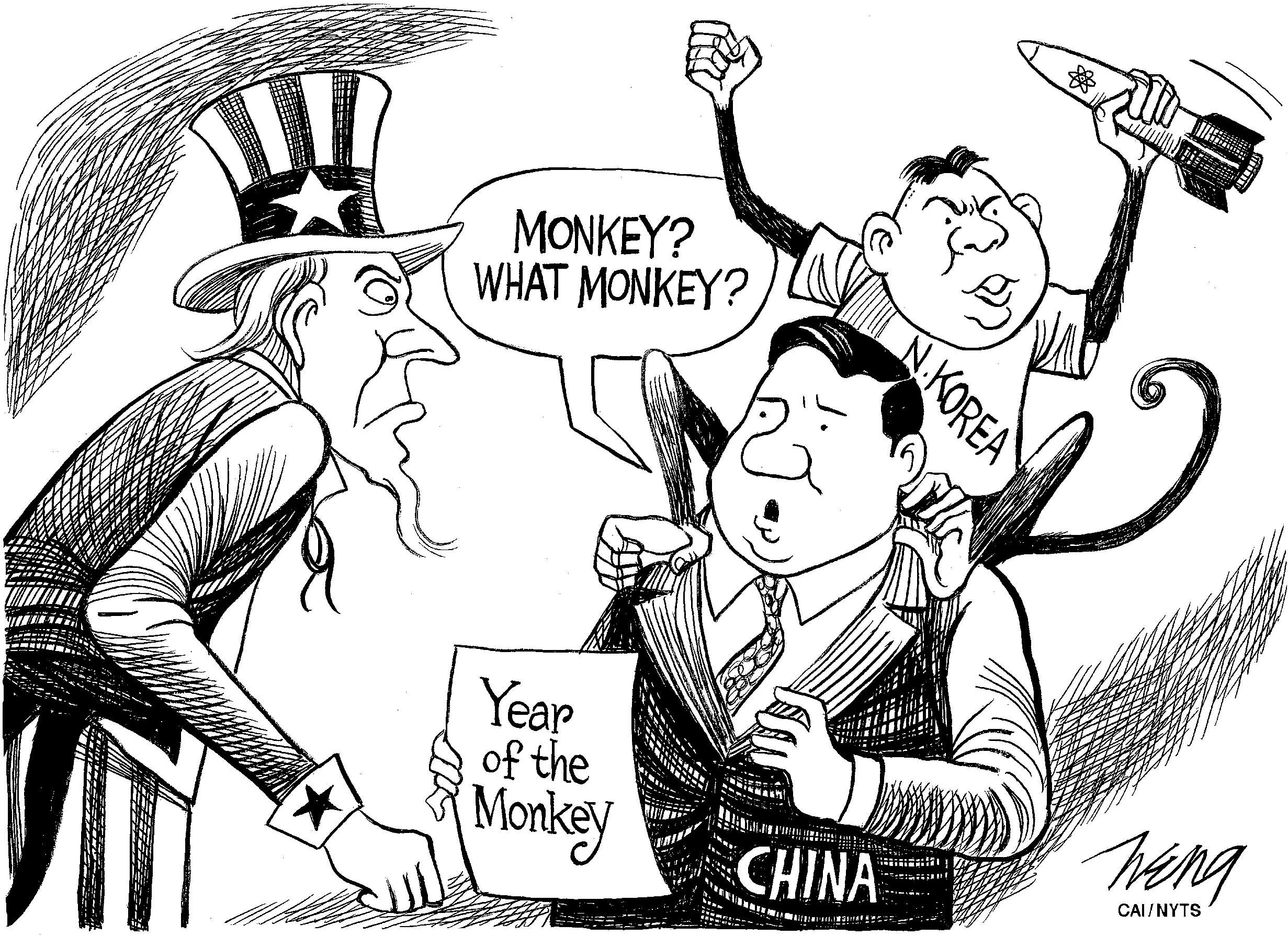North Korea conducted a rocket launch on Feb. 7, a day before the beginning of the Feb. 8-25 time frame it had originally provided for the launch. With diplomats from around the world scrambling to come up with a unified response, South Korea and the United States have already decided on one bilateral move: formally beginning talks over the deployment of the U.S. Terminal High Altitude Area Defense (THAAD) system. That, in turn, has reignited hand-wringing in China about the threat THAAD poses to Chinese national security.
In fact, official statements from the Chinese Foreign Ministry on THAAD deployment were more severe than its statements responding to the North Korean launch. Spokesperson Hua Chunying said China had "noted" and "regrets" the launch; meanwhile, in a separate statement, Hua said China was "deeply concerned" about the start of THAAD talks. Deploying THAAD in South Korea "will not help maintain regional peace and stability, nor will it lead to a proper settlement of the current situation," Hua cautioned.
As a sign of China's concern, Vice Foreign Minister Liu Zhenmin lodged representations over the issue with South Korea's ambassador to China, Kim Jang-soo. Liu also summoned North Korea's ambassador to lodge China's protest over the rocket launch, implying once again that China sees THAAD as at least as threatening to Beijing's interests as North Korea's actions.



















With your current subscription plan you can comment on stories. However, before writing your first comment, please create a display name in the Profile section of your subscriber account page.